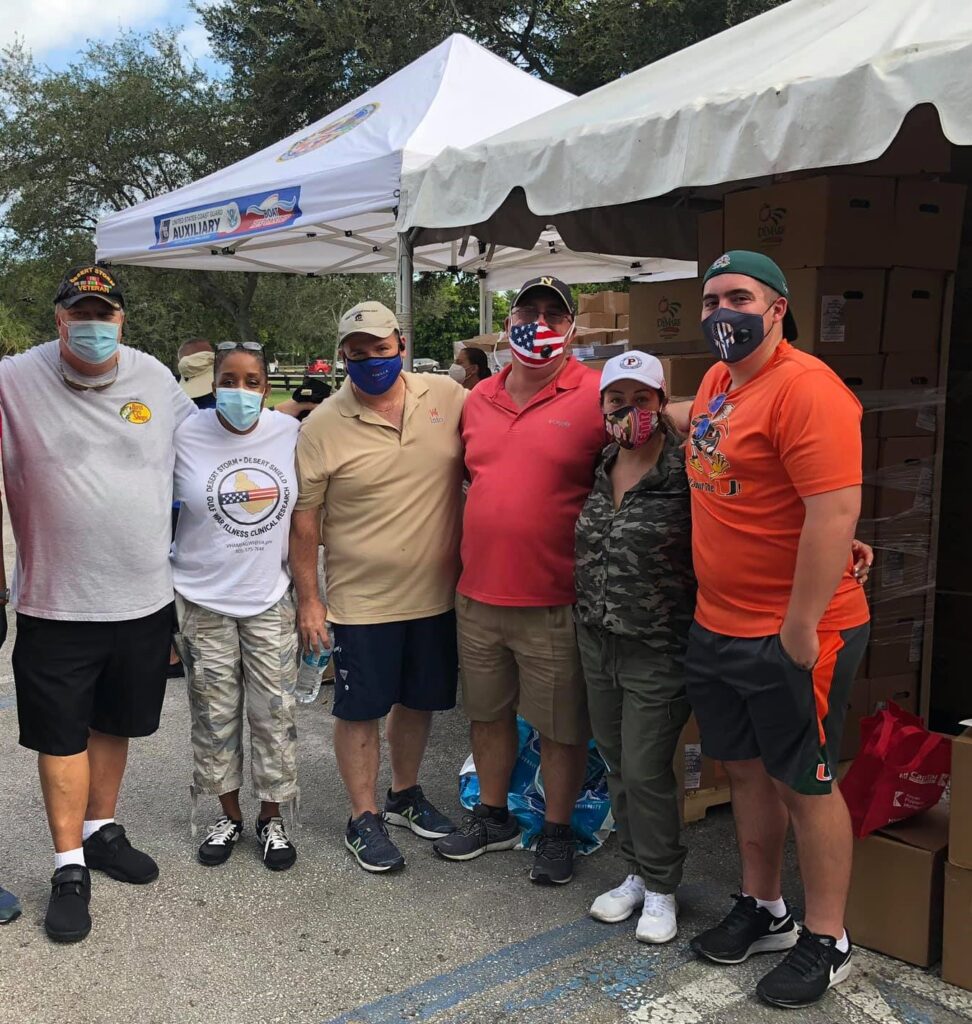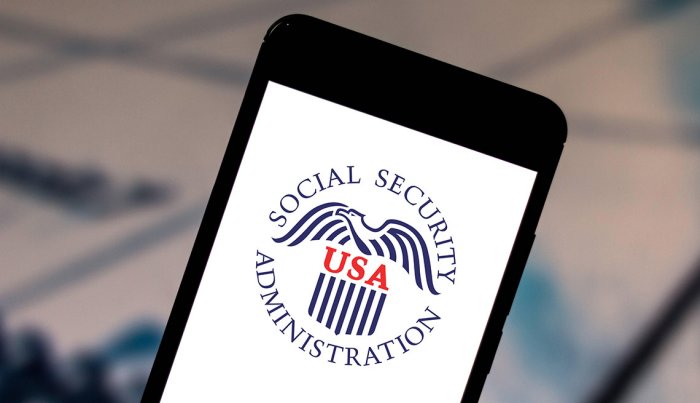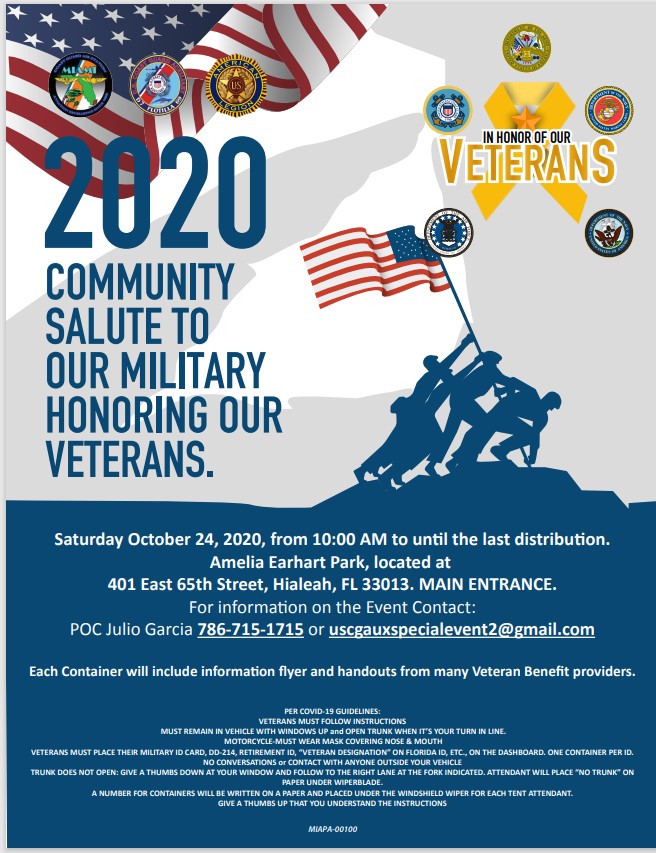Veteran’s Day Restaurants recognizing Veterans for their service.
Golden Corral
From November 1 – November 30, 2020, all active and former military members can pick up a free “thank you
meal” promotional card that’s good for one free lunch or dinner buffet and beverage. The promotional card can
Texas de Brazil
Veterans receive 25% off dinner Monday, November 9 through Thursday, November 12.
7-Eleven
Get a free coffee or Big Gulp on Memorial Day, July 4th, and Veterans Day. Download the 7-Eleven app and sign
Applebee’s
Veterans and Active Duty Military can select a free meal from a limited menu on Veteran’s Day. Provide proof of
BJ’s Restaurant
On Veterans Day, all service members can enjoy a complimentary entree up to $14.95, plus a free Dr Pepper, by
Bob Evans
Bob Evans Restaurants are offering free select menu items to Veterans and Active Duty Military on Veterans
Bubba Gump Shrimp
Military personnel and their families receive 20% off on food and retail purchases on Nov. 11, 2020.
Buffalo Wild Wings Free Wings
All day long on Wednesday, November 11, veterans and active duty military who dine-in at their local B-Dubs
can receive a free one order of boneless wings and a side of fries. At participating U.S. locations only.
Buffalo Wings & Rings
Veterans and Active Military with valid ID will receive 3 free tenders and a drink on November 11th, 2020 at
BURGERFI
Attention all Veterans, Active Military, Armed Forces and First Responders. This Wednesday BURGERFI will be giving you all a complimentary burger of your choice. Please read the flyer for more information. THANK YOU ALL for your service ![]()
Chili’s Grill & Bar
All veterans and active duty military personnel can choose a complimentary meal from a select menu on
Cicis Pizza
Free adult buffet with valid active duty or retired military ID on 11/11/20.
Cracker Barrel Old Country Store
During Military Family Appreciation Month Cracker Barrel will offer in-store specials on Veterans Day for military
veterans and promotions throughout November to support military families in partnership with Operation
Denny’s
All active, non-active or retired military personnel at all participating Denny’s restaurants nationwide will
receive a free Build Your Own Grand Slam breakfast on Wednesday, Nov. 11, from 5 a.m. to noon. Diners must
Dunkin’ Donuts
On November 11, Veterans and active duty military can enjoy a free donut at Dunkin’ Donuts restaurants
Einstein Bros. Bagels
On 11/11/20 veterans and active-duty military get a free hot or iced medium coffee.
Famous Dave’s
On Nov. 11 in honor of Veteran’s Day all former and current military personnel will receive a free free Georgia
Fox & Hound
This Veterans Day get a free meal. Dine-in only. Not available at Schaumburg and Arlington Heights locations.
Hooters
Veterans can stop in for 10 free boneless wings with any 10 purchase from a long list of wing styles.
Hurricane Grill & Wings
All veterans and active duty military receive a complimentary entree on Nov. 11th at participating locations.
IHOP
All active duty and Veterans are invited to come in and enjoy Free Red, White, & Blue Pancakes on Monday,
Krispy Kreme Free Doughnut & Coffee
On Veterans Day, a free doughnut and coffee will be on the house.
Little Caesars Pizza
On Wednesday, November 11, from 11am to 2pm, veterans and active military members can receive a free
Lunch Combo, which features four slices of Little Caesars popular Detroit-style DEEP!DEEP!™ Dish pizza, paired
Macaroni Grill
This Veterans Day, 11/11, all veterans and active military receive a free Mom’s Ricotta Meatballs + Spaghetti
Menchie’s Free Frozen Yogurt
On Veterans Day, all Veterans and military personnel with a military ID or proof of service will receive a free six
ounce frozen yogurt any time of day on Veterans Day 11.11. Show a valid ID or be in uniform to receive.
Morton’s The Steakhouse
All current and former military members enjoy 20% off on November 11. Valid for parties up to 4. Must show
Outback Steakhouse Free Bloomin’ Onion® and a beverage
This Veterans Day all military veterans, active servicemen and women can enjoy a free Bloomin’ Onion and Coca
Pilot Flying J/U.S. Pilot
All active-duty and retired military veterans get a free breakfast including a coffee, Monday through Sunday,
Publix’s –
Veterans, military personnel, and their families save 10% on groceries this Veterans Day. Exclusions apply.
Red Lobster
On Wednesday, November 11th to thank Veterans, active duty military and reservists, Red Lobster will offer a
free appetizer or dessert from their select Veterans Day menu. To receive offer, show a valid military ID.
Red Robin
Veterans and Active Military who are Red Robin Royalty members can redeem their free Tavern Double Burger
with Steak Fries any time between 11/12 and 11/30 for Dine-in or To-Go. The offer will be automatically
Shoney’s
Shoney’s says ‘Thank You’ to America’s heroes by offering a free All You Care To Eat breakfast, to all Veterans
and Active Duty Military members on 11.11.20 from open – 11 am.
Sonny’s BBQ
On November 11, veterans and active duty military with valid ID will receive a free Pulled or Sliced Pork
sandwich plus a voucher for free BBQ Egg Rolls on a future visit.; Dine-in or takeout only.
Starbucks
On Veterans Day, active duty service members, reservists, veterans and military spouses are invited to enjoy a
Texas Roadhouse
is handing out vouchers for a free meal to all Veterans and Active Duty military from 11 am to 2 pm on Veterans
Day. Vouchers will be distributed in the parking lots at Texas Roadhouse locations.
Tijuana Flats
Active Military and Veterans will receive 50% off all adult entrees with a valid ID. Wednesday, 11-11-20. The
offer is valid for in-store and takeout orders. Orders may also be placed online on the Tijuana Flats Rewards app.
Wawa
Free coffee for veterans, active duty and family members on Wednesday, 11/11.
Wendy’s
Wendy’s nationwide are offering a free small breakfast combo with valid military ID. No purchase necessary.
Ziggi’s Coffee
Veterans get a free 16 oz drink on November 11, 2020 at all ZiggiA1:B111’s Coffee locations.





